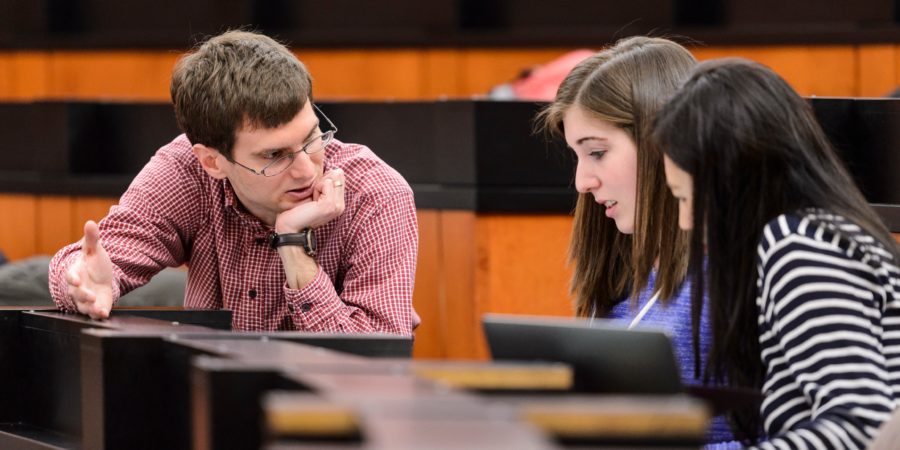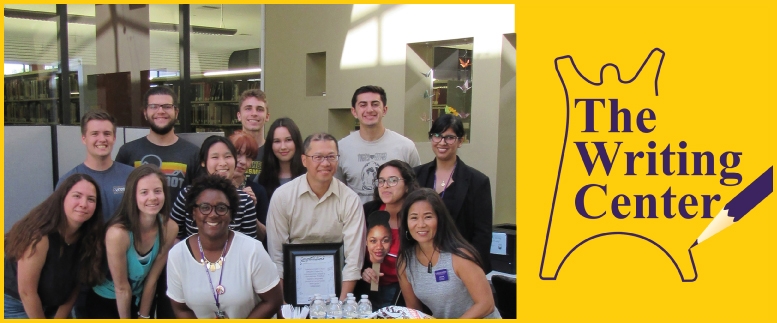Illuminating the Writer Behind the Draft: Insights on Written Feedback Appointments
By Samitha Senanayake—After completing an asynchronous feedback appointment and glancing, often with tired eyes, at the neat blocks of paragraphs in the global or summary comment, I feel good: job done! But it’s only recently that I’ve begun to wonder what the same paragraphs might make a student feel. Even before they read the text, what must feedback in the form of paragraphs feel like, sound like? In the same way, does a track change on Microsoft Word […]










